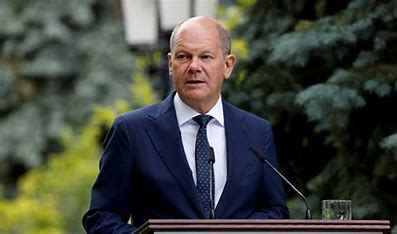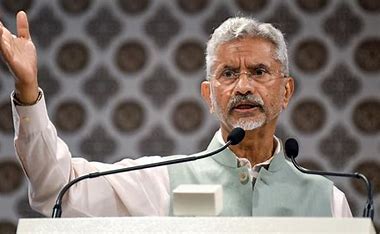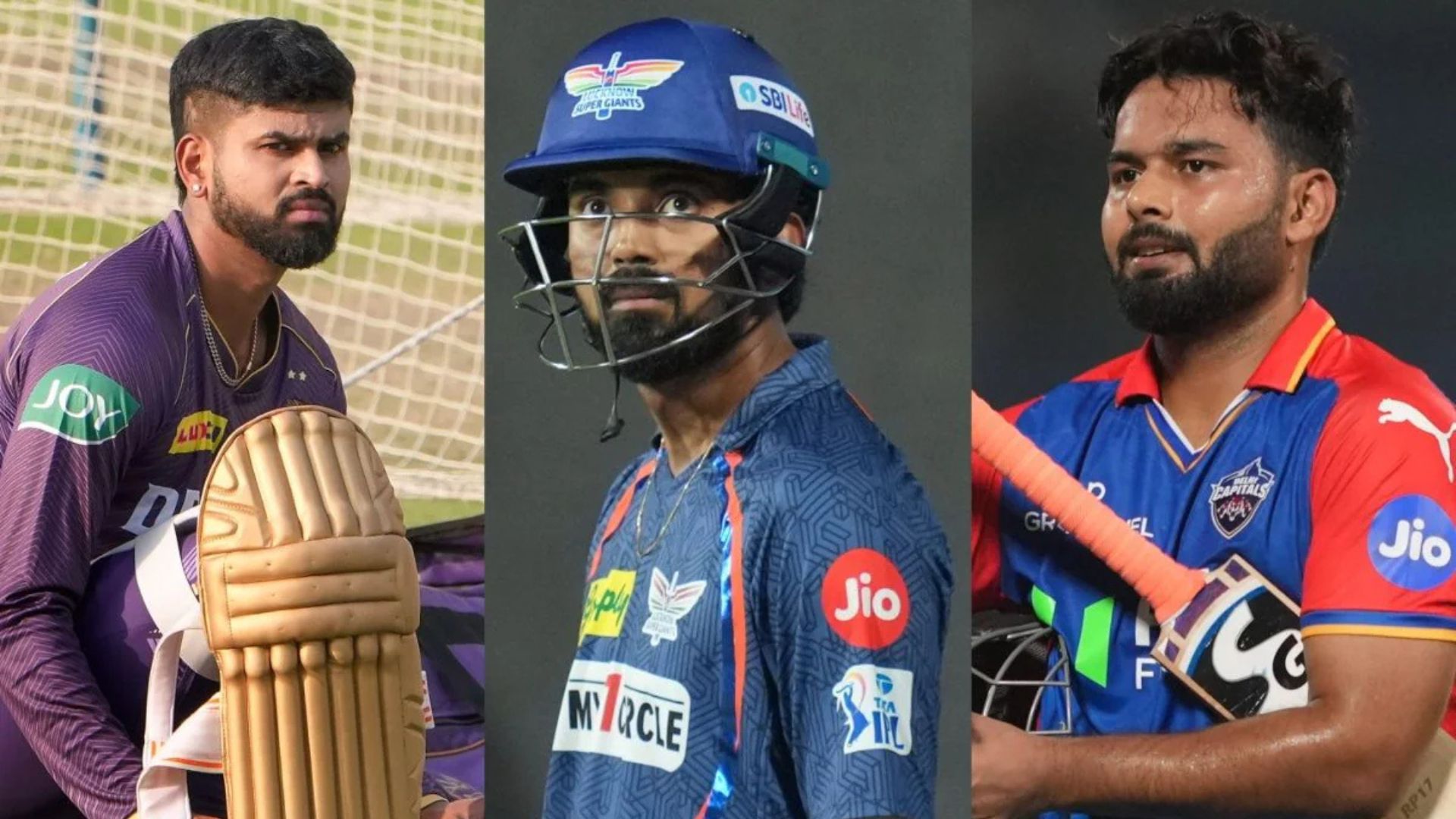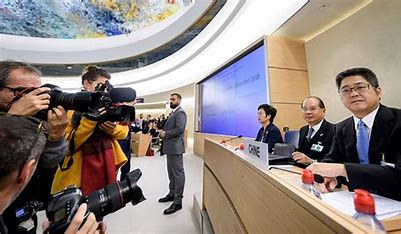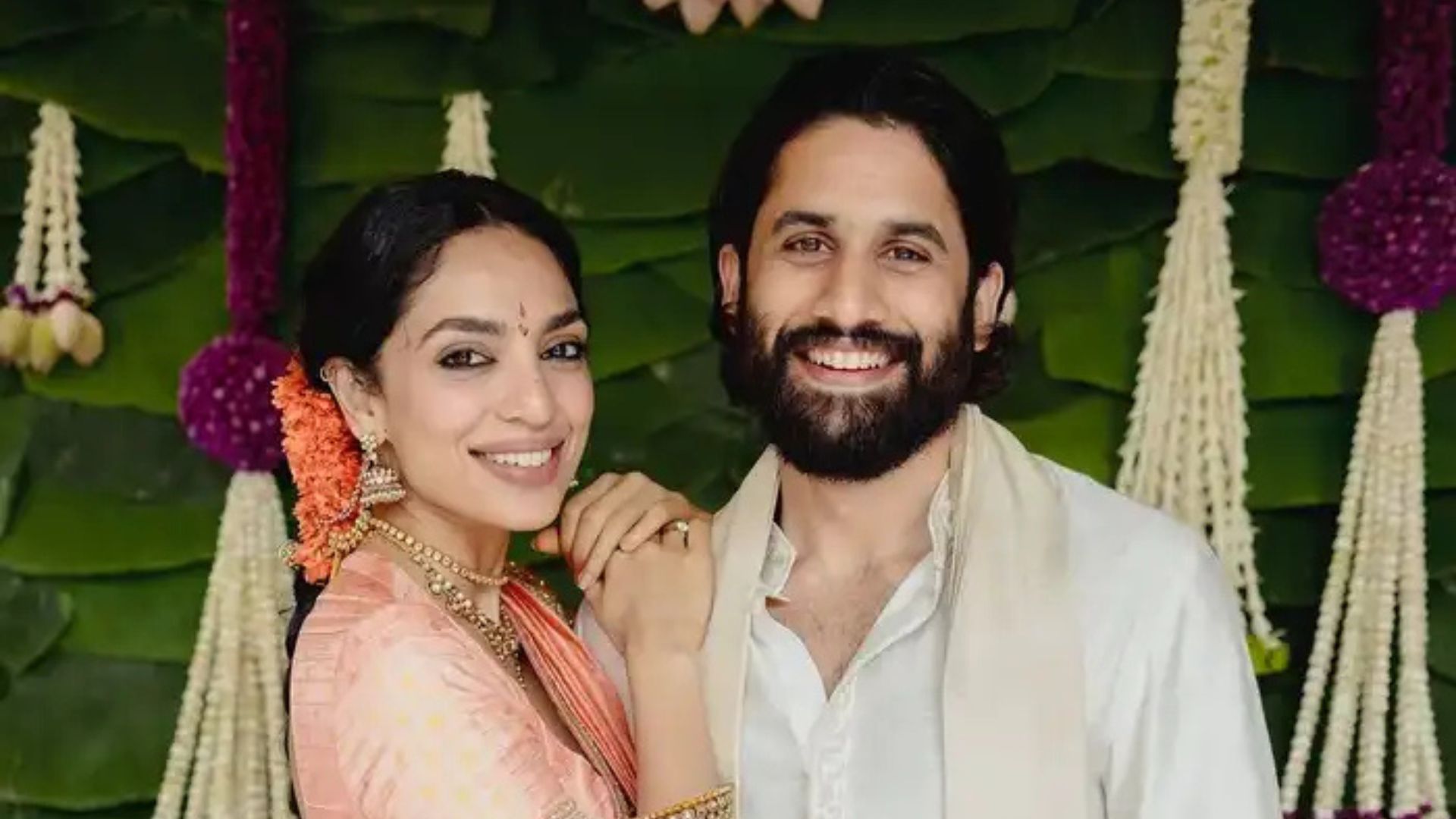
Former Union Minister and maverick Congress leader Mani Shankar Aiyar has the propensity of harming his party’s interests, particularly when the Lok Sabha elections are barely a few months away. In 2014, when Narendra Modi was the Prime Ministerial nominee of the BJP, Aiyar on the sidelines of an AICC session, on January 17, described him as a Chaiwala, a comment that negatively impacted the Congress, given the huge social media presence of the BJP. Now exactly ten years later, on January 19th during the release of his book, “The Rajiv I knew and Why He was India’s most Misunderstood Prime Minister’’, at the Jawahar Bhawan, he went on to distance his Boss from the opening of the locks at the Ram Janambhoomi site and many other decisions of the Congress and its government.
While blaming Arun Nehru for the locks being opened, Aiyar sought to make a clear distinction on how the matter was a decision of the party and not of Rajiv Gandhi. Aiyar who was a middle level functionary of the Rajiv Gandhi government at that time, deliberately or inadvertently has shown his Boss in poor light. The sum and substance of what he has stated, implies that Rajiv despite being the president of the Congress and the Prime Minister, had neither any control over his party or his government, which was being run by his advisers, many of whom kept him in the dark.
The unnecessary controversy has cropped up to coincide with the inauguration of the Ram Temple at Ayodhya. Aiyar has further criticized P.V.Narasimha Rao for the demolition of the disputed structure and speculated that this would never have happened if Rajiv was the Prime Minister at that juncture. What Aiyar, who has been one of the most articulate and witty IFS officers, has failed to realise is that he could not have been privy to many political decisions taken at that time. His claim is contrary to what is already known and is in the realm of public domain. Politics was never a strong point of the erudite diplomat turned politician, and his plain speaking often is not consistent with the reality. Rajiv Gandhi had problems understanding the vast issues facing the country since he had been pushed into politics because of the complex circumstances. The massive Congress victory in the 1984 Lok Sabha elections was a tribute paid by the country to his late mother, Indira Gandhi, arguably the greatest mass leader of the last century. Rajiv was a political beneficiary and he realized this.
He was aware that the RSS too had supported the Congress in that election and this huge electoral outcome was the recognition of the immense popularity of his mother. Being the Prime Minister, he had various inputs which would come before him from multiple government agencies and it is most unlikely that the opening of the locks at the disputed site could have not been mentioned to him during his daily briefings with the director of the Intelligence Bureau.
The IB and his advisers must have been fully conscious of the consequences of what had happened through court orders, which Aiyar claimed could have been manipulated. Even if his presumption of the PM not being in the loop is taken to be correct, there was ample time to correct the mistakes. Rajiv had himself chosen to allow the Shilanayas before the 1989 elections and had kicked off his campaign from Ayodhya, since he was advised by some of his advisers that it would reap political dividends. There are certain facts that do not find any mention in the book or in the statements of Aiyar during the book release.
Rajiv had a very good rapport with Bhaurau Deoras, the younger brother of the then RSS Chief Balasaheb Deoras, whose advise he sought at times. Bhaurau was the main coordinator between the BJP and the RSS but had developed a soft corner for Rajiv Gandhi, whom he found to be extremely sincere with good intentions.
When the central government had put hurdles over the telecasting of Ramanand Sagar’s Ramayan serial, Bhaurau was able to convince Rajiv that this exercise would be counter-productive. After the meeting with him, Rajiv allowed the serial to be telecast. Bhaurau had further advised the then Prime Minister that he should advance the 1989 elections since “that would give very less time for the Opposition to unite’’. But Rajiv was convinced by Aiyar who had been entrusted with the Panchayati Raj programme that the Congress was going to win under all circumstances.
MK Naryanan, the then Director of Intelligence Bureau also gave his assessment regarding the polls and claimed that the Congress would get more than 300 seats. The polls were finally held in the later part of the year and the Congress ended up with 196 seats, paving the way for an opposition led government headed by VP Singh. Aiyar does not realise that his understanding of politics needs to be brushed up. He has blamed RK Dhawan and Makhan Lal Fotedar for advising Rajiv to pander to Hindu sentiments. Fotedar was the political adviser to even Indira Gandhi and Dhawan’s grasp over real politik situations stemmed from the fact that he had witnessed many historical decisions from very close quarters.
Rajiv was a gentleman who made many mistakes because of his inexperience but people loved him. Arun Nehru and others, were a part of his inner coterie and the responsibility of taking all decisions whether as the Congress president or the Prime minister was entirely his. The buck stopped with him.
